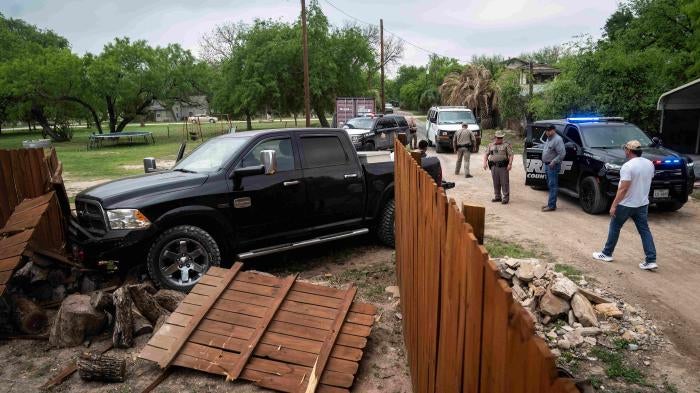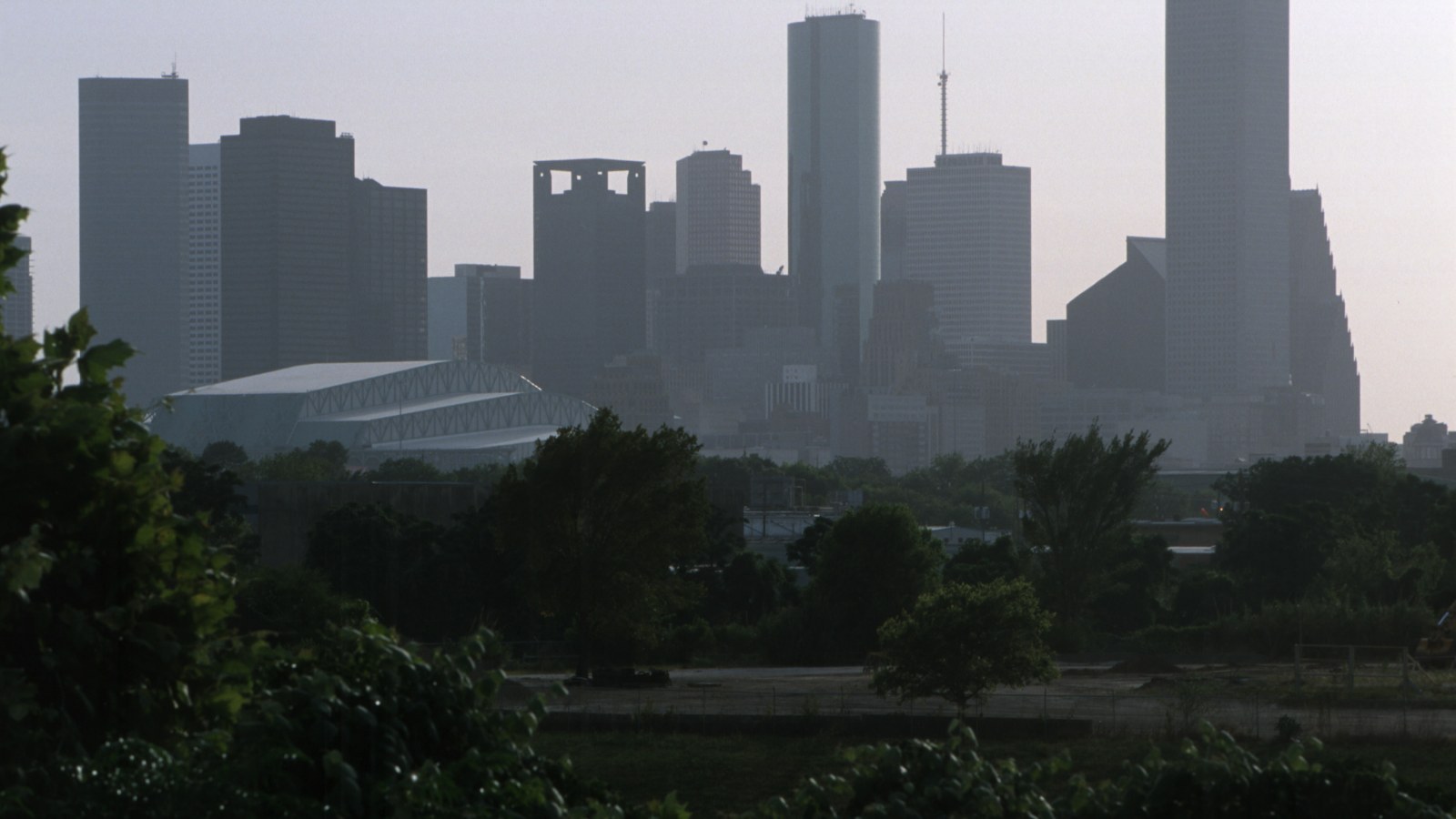Austin, TX – In an unprecedented move, Texas officials are asking residents to reduce their car usage due to escalating environmental and health concerns. This statewide appeal aims to address air quality issues and mitigate the impact of record-high temperatures.
The Call to Action
Governor Greg Abbott and the Texas Department of Transportation (TxDOT) jointly announced the request, urging Texans to limit non-essential car travel and explore alternative transportation methods. The announcement follows a series of air quality alerts and heat advisories that have put both public health and the environment at risk.
“We are facing extraordinary challenges that require immediate and collective action,” said Governor Abbott. “By reducing our reliance on cars, we can significantly improve air quality and lessen the strain on our environment during this critical period.”
Environmental and Health Concerns
The decision comes as Texas experiences some of the highest temperatures on record, exacerbating pollution levels. Increased vehicle emissions contribute to poor air quality, which poses serious health risks, especially for vulnerable populations such as children, the elderly, and those with respiratory conditions.
The Texas Commission on Environmental Quality (TCEQ) reported that ozone levels have spiked in several urban areas, including Houston, Dallas, and San Antonio. High ozone levels can cause a variety of health problems, including respiratory issues, heart disease, and aggravated asthma symptoms.
Alternative Transportation Options
To support this initiative, state and local governments are promoting a range of alternative transportation options. These include public transit, carpooling, biking, and walking. Additionally, various cities are enhancing their public transportation services to accommodate increased demand.
“We are expanding bus and rail services, as well as creating more bike lanes and pedestrian pathways,” said Marc Williams, Executive Director of TxDOT. “Our goal is to make it easier for Texans to choose sustainable and health-friendly transportation options.”

Public Response and Community Efforts
The public response to the initiative has been mixed, with some residents expressing support and others concerned about the practicality of reducing car use in a state known for its expansive geography and car-centric culture.
“We understand that this is a significant change, especially in rural areas where public transportation may not be as accessible,” said Governor Abbott. “However, every effort counts, and we encourage communities to come together to find creative solutions.”
Several community organizations and businesses are stepping up to support the effort. Ride-sharing companies are offering discounts for carpooling services, and bike-sharing programs are expanding their reach. Additionally, various employers are implementing flexible work arrangements, such as remote work and staggered hours, to reduce commuting needs.
Related Articles:
- Record-Breaking Heat Wave Hits Texas: Millions Without Air Conditioning!
- Everything’s Bigger in Texas: The 10-Pound Cinnamon Roll Sensation
- Breaking News: Amber Alert Ends with Safe Recovery of Child in Temple, Texas
Long-Term Goals
While the immediate focus is on addressing the current environmental and health crises, state officials are also looking at long-term strategies to create a more sustainable transportation system. This includes investing in renewable energy sources, promoting electric vehicle use, and enhancing urban planning to reduce the need for long commutes.
“We are committed to making lasting changes that will benefit future generations,” said Governor Abbott. “This is not just about addressing a temporary issue but about fostering a culture of sustainability and environmental stewardship.”
